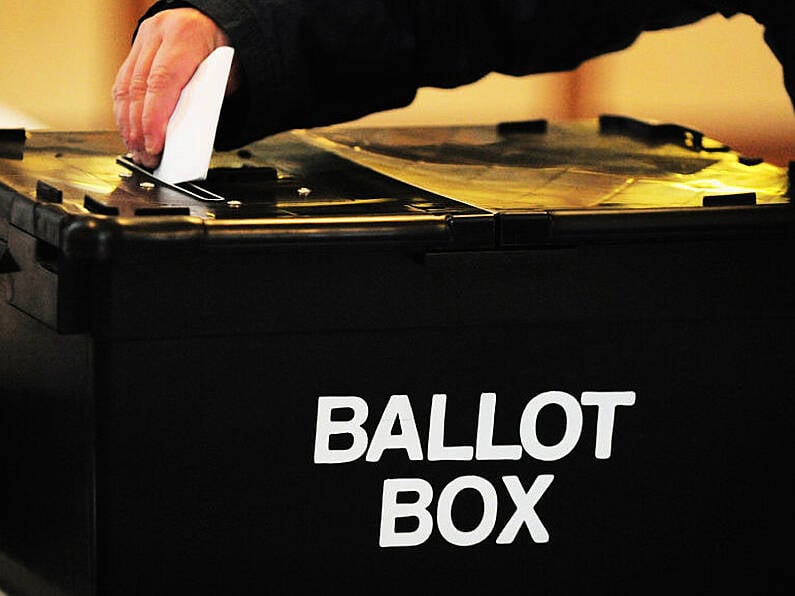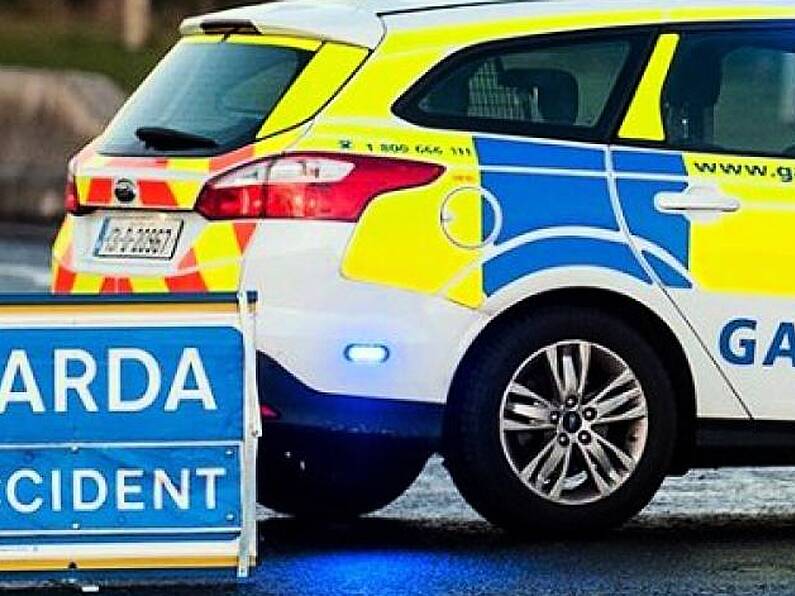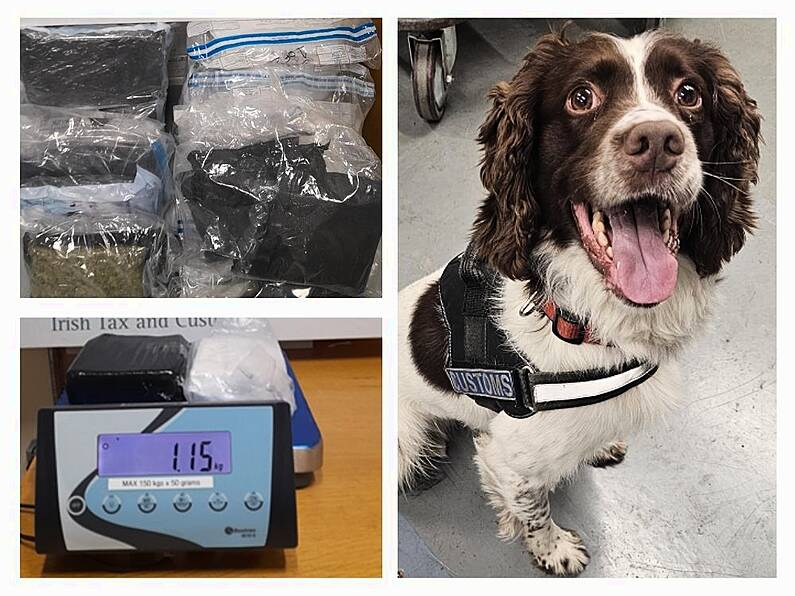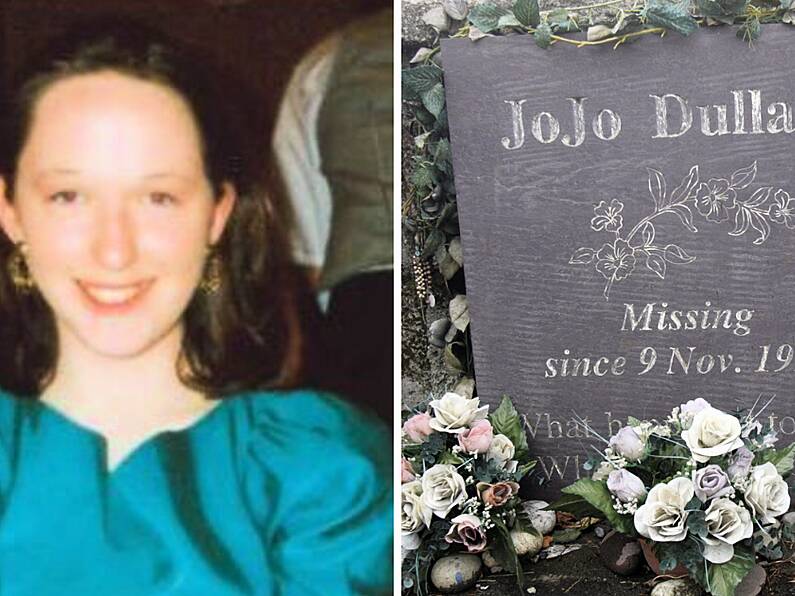Mental health patients will be able to vote in the upcoming referendums and local elections for the first time.
Special arrangements are being put in place for those in mental health centres who are unable to go to polling stations due to a disability or illness.
Two referendums and at least two elections mean this year will be a busy voting year.
The legislation allows a person may be added to the special voters list if they are in a hospital, home, or similar facility and cannot go in person to vote at a polling station because of illness or disability.
Once their name is on the special voter's list, a special presiding officer and a Garda will come to the centre to help the individual vote.
The Mental Health Commission (MHC) has developed an information leaflet on voting rights for residents and patients of mental health centres across the country to ensure that they understand how they can vote.
John Farrelly, chief executive of MHC said it is “important” that we provide this information to “mental health service users as early as possible" so that individuals who can “avail of this new provision can register on the special voters list in time for the upcoming referendum/elections”.
If a person’s name is on the special voter's list, a presiding officer (person in charge on the day you vote) will ask them to complete and sign a declaration of identity and will witness (sign) this declaration.
Once their identity is confirmed, the presiding officer will give them a ballot paper and envelope.
They can then mark the ballot paper in secret and seal it in the envelope. Only the presiding officer and the Garda can be in the room when a person votes.
The envelope should then be given to the presiding officer.
To apply to be added to the special voters list, a person can ask their care team to help. A person must already be on the Electoral Register.
Sarah Slater
Keep up to date with all the latest news on our website Beat102103.com.






